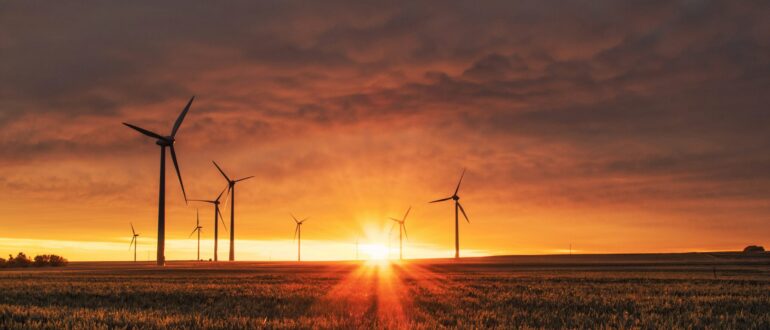Sustainable Landscaping and Garden Care
Sustainable landscaping is essential for maintaining eco-friendly villas in the arid climate of Jebel Ali Freezone. One of the most effective strategies is to incorporate native plants into garden designs. These plants are naturally adapted to the local environment, often requiring significantly less water and maintenance compared to non-native species. This not only conserves water but also supports the local ecosystem by providing habitat for native insects and birds.
Xeriscaping is another vital concept for sustainable landscaping in arid regions. This landscaping method focuses on reducing water consumption by using drought-tolerant plants and efficient irrigation techniques. Xeriscaping can dramatically lower water usage, making it an ideal practice for maintaining gardens in Jebel Ali Freezone. Implementing a well-designed xeriscape can create a beautiful, low-maintenance garden that conserves water and reduces the overall environmental footprint.
In addition to plant selection and landscaping techniques, creating a composting system is an excellent way to recycle organic waste and improve soil quality. Composting kitchen scraps and garden waste transforms them into nutrient-rich compost, which can enhance soil fertility and structure. Using compost reduces the need for chemical fertilizers, further promoting an eco-friendly garden environment.
When it comes to fertilizers and pesticides, opting for organic alternatives can significantly benefit the environment. Organic fertilizers release nutrients slowly, improving soil health over time without the risk of chemical runoff that can harm local waterways. Similarly, organic pesticides are less harmful to beneficial insects and wildlife, helping to maintain a balanced and healthy garden ecosystem.
Efficient irrigation practices are also crucial in sustainable landscaping. Drip irrigation systems, for instance, deliver water directly to the plant roots, minimizing evaporation and water waste. This method ensures that plants receive the necessary hydration with minimal resource expenditure. Additionally, incorporating rainwater harvesting systems can further reduce reliance on municipal water supplies. Collecting and storing rainwater for garden use can provide a sustainable water source, especially during dry periods.
By integrating these sustainable landscaping practices, villa owners in Jebel Ali Freezone can enjoy lush, vibrant gardens that are both environmentally friendly and resource-efficient.
Energy-Efficient Villa Maintenance in Jebel Ali Freezone
Implementing energy-efficient practices within villas in Jebel Ali Freezone is essential for reducing environmental impact and lowering utility bills. One of the fundamental steps is transitioning to LED lighting. LED lights consume significantly less energy than traditional incandescent bulbs and have a longer lifespan, thereby reducing the frequency of replacements and minimizing waste.
Energy-efficient appliances also play a crucial role. These appliances use advanced technology to perform the same tasks while consuming less energy. For instance, energy-efficient refrigerators, washing machines, and dishwashers can drastically cut down electricity usage, translating to lower utility bills and a reduced carbon footprint.
Regular maintenance of HVAC systems is vital to ensure they operate at peak efficiency. Dirty filters, leaky ducts, and outdated systems can significantly increase energy consumption. Scheduling routine checks and maintenance can help identify and rectify issues early, ensuring that heating and cooling systems are not overworking, thus conserving energy.
Enhancing insulation and sealing leaks are practical steps to maintain a stable indoor temperature. Proper insulation in walls, attics, and floors can prevent heat loss during winter and keep the villa cool in summer. Additionally, sealing gaps around windows and doors can prevent drafts, leading to a more consistent indoor climate and reduced reliance on heating and cooling systems.
Solar panels and other renewable energy sources are becoming increasingly popular in eco-friendly villa maintenance. By harnessing the power of the sun, villas can generate their own electricity, significantly reducing dependence on non-renewable energy sources. Solar water heaters can also be installed to provide hot water, further decreasing energy usage.
Water-saving fixtures and appliances are essential for conserving water. Low-flow showerheads, dual-flush toilets, and water-efficient washing machines can significantly cut down water consumption without compromising functionality. These fixtures help preserve this precious resource while also lowering water bills.
Smart home technology can effectively monitor and optimize energy use. Smart thermostats, lighting systems, and appliances can be programmed to operate more efficiently, reducing energy waste. These technologies provide real-time data and control, allowing homeowners to make informed decisions about their energy consumption and further enhance their villa’s eco-friendliness.




Comments 0